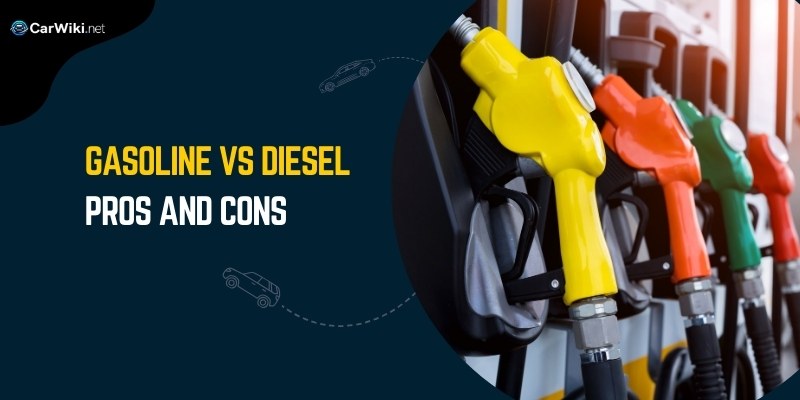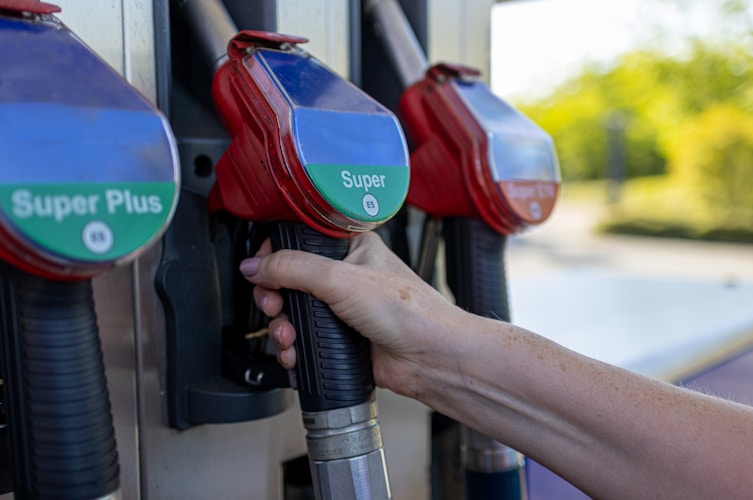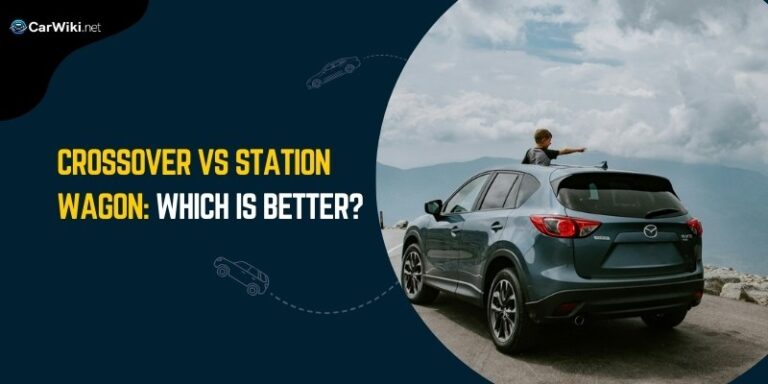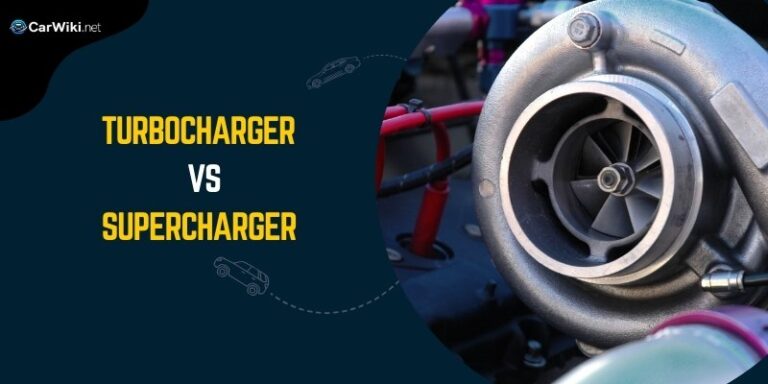Gasoline vs Diesel: Advantages, Disadvantages and Differences

Buckle up for the ultimate duel: gasoline vs diesel engines! Find out the advantages and disadvantages of both fuels in terms of efficiency, performance, and cost.
For decades, the battle between gasoline and diesel engines has raged on, dividing car enthusiasts and everyday drivers alike.
Both fuels offer distinct advantages and disadvantages, leaving many scratching their heads when it comes to choosing the right one.
But fear not, gearheads and car curious alike!
This comprehensive guide delves deep into the world of gasoline and diesel, equipping you with the knowledge to make an informed decision that aligns with your driving needs and preferences.
Gasoline vs Diesel: Understanding the Fundamentals
Before we dive into the nitty-gritty, let’s establish the basic differences between these two fuel types.
Gasoline (also known as petrol) is a lighter, more volatile liquid, while diesel is a heavier, denser fuel.
This fundamental difference translates to distinct combustion processes: gasoline engines ignite with a spark plug, while diesel engines utilize compression to ignite the fuel.
Advantages of Gasoline Engines

gasoline engines are renowned for several key advantages:
- Responsiveness and Performance: Gasoline engines deliver quicker acceleration and higher revs, resulting in a more spirited and engaging driving experience, particularly for performance enthusiasts. Drivers who cherish the “fun-to-drive” factor often gravitate towards gasoline for its exhilarating feel.
- Smoothness and Refinement: Gasoline engines generally operate quieter and smoother, offering a more comfortable ride, especially during idle and low-speed driving. This translates to a more relaxed and enjoyable cruising experience, particularly for those who value a serene cabin environment.
- Wider Availability and Affordability: Gasoline stations are more readily available than diesel stations, especially in rural areas and on highways. This widespread accessibility can be a major advantage for drivers who frequently travel long distances or venture outside urban centers. Additionally, gasoline vehicles tend to have a lower initial purchase price compared to their diesel counterparts, making them more budget-friendly for some buyers.
- Lower Maintenance Costs: Gasoline engines typically require less frequent and less expensive maintenance compared to diesel engines. This can translate to cost savings over the long term, especially for drivers who prioritize affordability and minimize their garage visits.
Cons of Gasoline Engines
- Fuel Efficiency: Less fuel-efficient than diesel engines, leading to higher fuel costs per kilometer traveled.
- Lower Torque and Pulling Power: Produce less torque, making them less suitable for towing heavy loads or navigating challenging terrains.
- Higher Emissions: Emit more greenhouse gases compared to some modern diesel engines, contributing to climate change.
Advantages of Diesel

While gasoline boasts its own set of charms, diesel engines offer distinct advantages too:
- Fuel Efficiency: Diesel engines are significantly more fuel-efficient than gasoline engines, translating to lower fuel costs per kilometer traveled, especially for high-mileage drivers who rack up significant distances each year. This can be a major advantage for individuals who prioritize fuel economy and cost savings.
- Higher Torque and Pulling Power: Diesel engines produce more torque, making them ideal for towing heavy loads or navigating challenging terrains. This additional pulling power is particularly valuable for drivers who regularly haul trailers, boats, or other equipment, or who frequently encounter steep inclines or rough roads.
- Durability and Longevity: Diesel engines are known for their robust construction and longer lifespan, potentially lasting hundreds of thousands of kilometers with proper care. This translates to fewer replacements and potentially lower ownership costs over time, especially for drivers who keep their vehicles for extended periods.
Cons of Diesel
- Higher Initial Cost: Diesel vehicles generally carry a higher price tag compared to gasoline alternatives. This initial investment can be a significant hurdle for some buyers, especially those on a tight budget.
- Higher Maintenance Costs: Diesel engines often require more frequent and expensive maintenance, including injector cleaning and particulate filter regeneration. These added maintenance costs can offset some of the fuel savings over time, and should be factored into the overall ownership equation.
- Rougher Operation: Diesel engines can be noisier and vibrate more than gasoline engines, potentially impacting cabin comfort and refinement. This can be a drawback for drivers who prioritize a quiet and smooth driving experience.
- Limited Availability of Stations: Diesel stations are less common than gasoline stations, especially in rural areas (talking about the USA here, in Europe Diesel is widely available). This limited accessibility can be inconvenient for drivers who frequently travel long distances or venture outside urban centers.
- Evolving Regulations: It’s important to consider the potential impact of stricter emission regulations on diesel cars. Many major cities around the world are implementing, or considering, bans on diesel vehicles in an effort to improve air quality. This could potentially restrict the future use and resale value of diesel cars in certain areas.
Beyond the Numbers: Factors to Consider
Choosing between gasoline and diesel isn’t just a technical decision; it’s a personal one influenced by various factors:
Driving Habits
If you primarily undertake short, frequent trips within your city, a gasoline engine might be more suitable due to its quicker warm-up times and better performance in stop-and-go traffic.
Conversely, if you frequently drive long distances on highways or require towing capability, a diesel engine could be a better choice due to its superior fuel efficiency and pulling power.
Budget
Consider both the initial purchase price and ongoing maintenance costs associated with each fuel type.
Environmental Impact
While diesel engines are more fuel-efficient, they emit higher levels of nitrogen oxides compared to gasoline engines. Consider your environmental priorities when making your decision.
Personal Preference
Ultimately, the choice boils down to your individual preferences. Do you prioritize performance and comfort, or are fuel efficiency and towing capacity more important to you?
Gasoline vs Diesel: Choosing Your Champion
There’s no single “winner” in the gasoline vs diesel battle. The best fuel type for you depends on your unique driving habits, budget, and priorities.
By understanding the advantages and disadvantages of each fuel type and carefully considering your individual needs, you can confidently choose the engine that will power your automotive journey for years to come.
Remember, this article serves as a starting point for your research. Test drive vehicles with both fuel types, and factor in your specific circumstances before making your final decision. Happy motoring!
Related articles:





